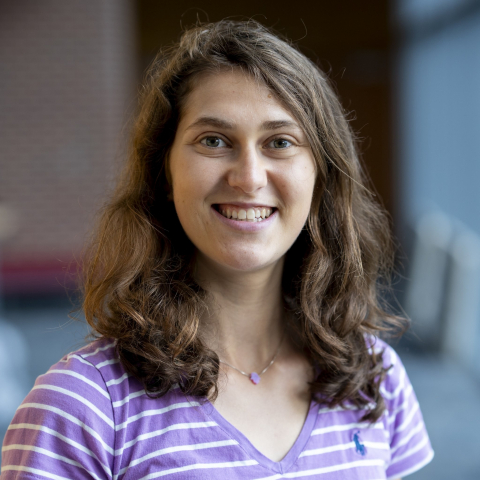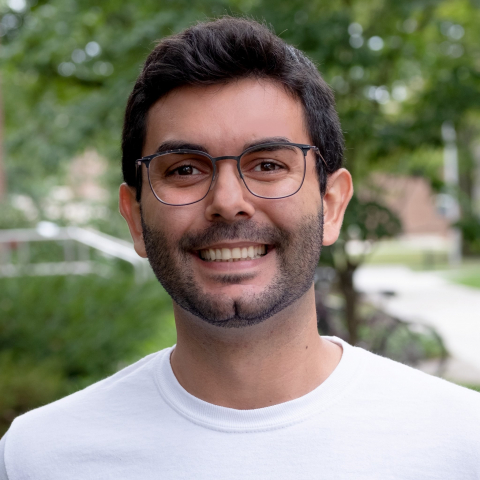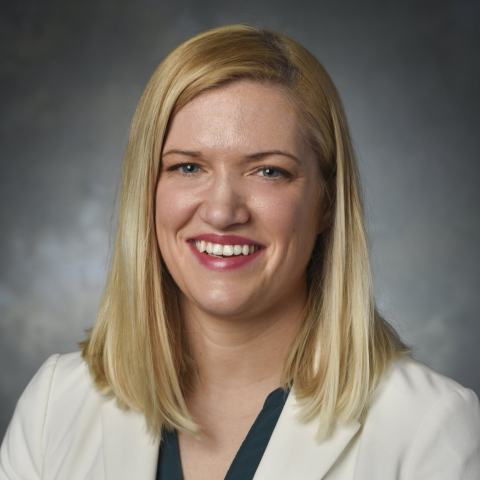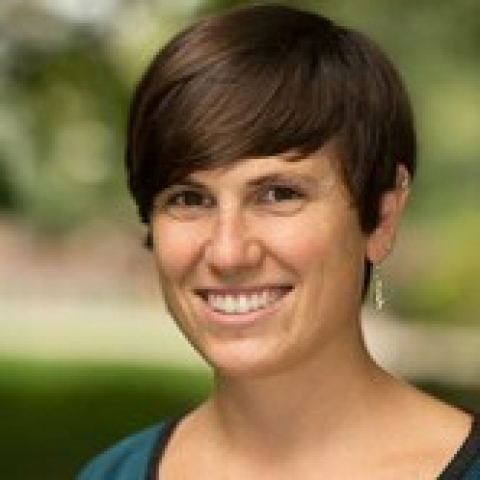Directory
Gary Felton
Professor and Department Head of Entomology
Plant-herbivore interactions. Adaptive responses of herbivores to plant defenses. Herbivore cues recognized by plants with specific focus on biochemical and molecular analysis of salivary secretions.
Marina Feric
Assistant Professor of Biochemistry and Molecular Biology
Biomolecular engineering of cellular organization. Biophysical mechanisms underlying biomolecular condensates in health and disease.
Lindsay Fernandez-Rhodes
Assistant Professor of Biobehavioral Health
The genetic epidemiology of complex diseases in diverse human populations and contexts.
Matthew Ferrari
Director of the Center for Infectious Disease Dynamics; Huck Career Development Professor; Professor of Biology
Public Health, Quantitative Epidemiology, Population Ecology, Statistics, Computational and Mathematical Biology
Center for Infectious Disease Dynamics
Donna M. Fick
Elouise Ross Eberly Professor; Director of the Tressa Nese and Helen Diskevich Center of Geriatric Nursing Excellence
Kara Fikrig
Assistant Professor of Vector Ecology
The intersection of entomology and public health, with a focus on understanding the drivers and barriers of mosquito invasions and a particular interest in the spread of Aedes aegypti in the Peruvian Amazon and Ae. albopictus in Pennsylvania
Center for Infectious Disease Dynamics
John Flanagan
Professor of Biochemistry and Molecular Biology
Investigation of protein function, using a variety of biochemical, genetic and structural techniques including x-ray crystallography.



















